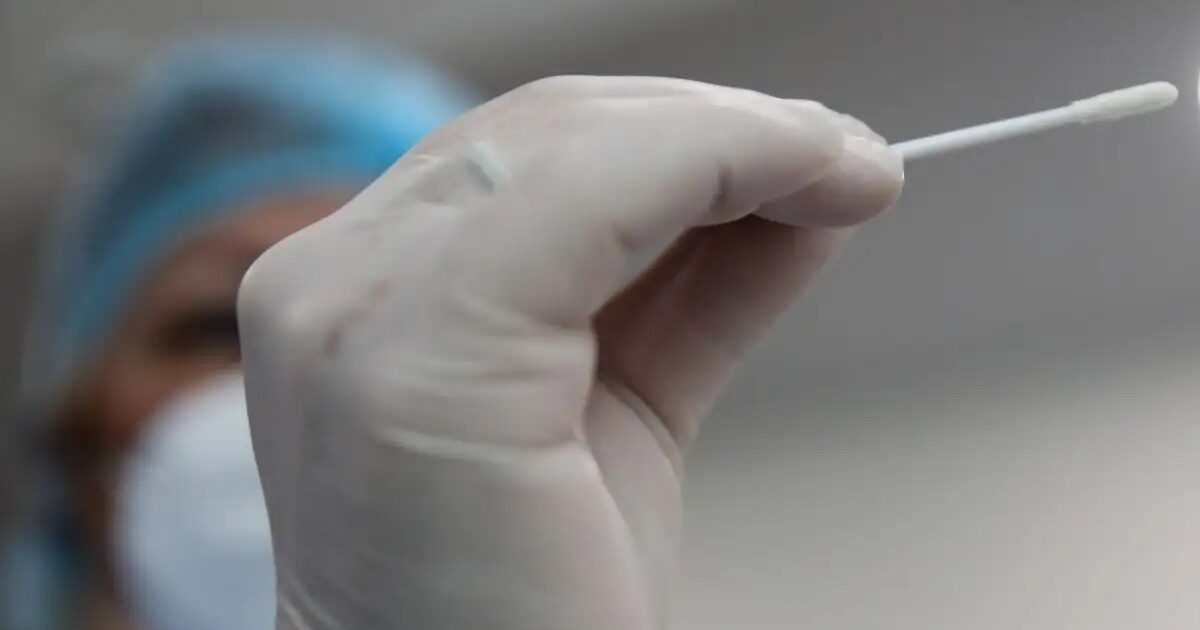Europe’s health authorities are in alert state after appearing a new variant of croneunofficially called ‘Frankenstein’ and can cause a new wave infestation because of its increased contagion.
The new variant of the “Frankenstein” crown has seen the rates of infections four in less than a month, recording a rapid increase in the number of cases.
Scientifically this variant is called KP.3 and can slip out of the immunity offered by vaccines or previous disease.
Specifically, the KP.3 executive is now about 25% of new cases, from just 7.1% recorded a month earlier according to the US CDC. Experts do not stop pointing out that this strain is more easily transmitted than others in circulation.
The name “Frankenstein” comes from the way it has emerged. It is essentially a product of recombinant among different executives, so it has “adopted” the most durable properties of each. Expert concern is great for the possibility of a great deal of dispersion this summer.
Although the first indications indicate that it does not cause any more serious disease than previous variants, increased communicability may lead to a significant increase in the number of total cases, which could re -press health systems.
Professor Eric Topol, director of Scripps Research Translational Institute, said: “This variant seems to have the highest level of contagion we have seen to date. The combination of features by other executives makes it particularly flexible and durable. “
The symptoms of variant KP.3
Sore throat
Runny nose or blasting
Dry or productive cough
Fatigue, feeling of exhaustion
Headache
Myalgia
Fever or tenth fever condition
Sneezing
Slight shortness of breath (in some cases)
Occasionally: Loss of smell or taste (much more rarely than first stems)
The next steps
The CDC closely monitors the spread of KP.3 and advises citizens to be very careful, especially in closed and busy spaces. Although no restrictive measures are being taken at this time, authorities are encouraging information and souvenir doses of vaccines for those who belong to vulnerable groups.
It should be noted that refreshed vaccines are expected from autumn that will specifically target the most recent variants of the virus, including KP.3.
